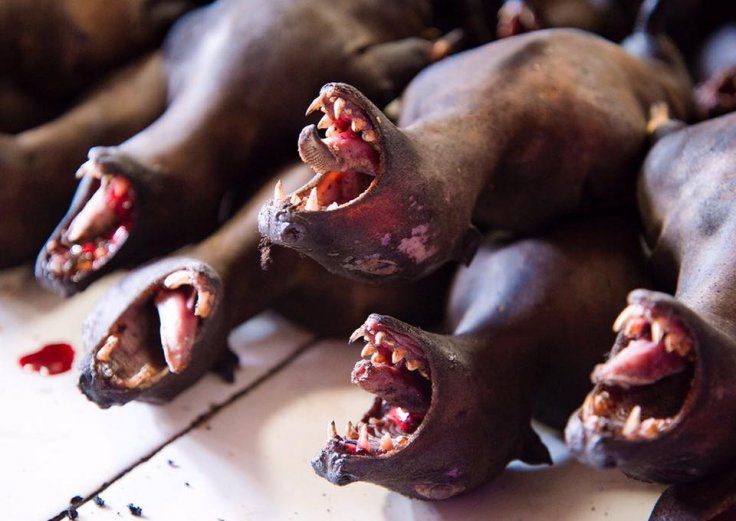China announced the prohibition of trade and consumption of wildlife on Monday, February 24. The current novel coronavirus outbreak is linked to wildlife trade carried out at a local wet market in Chinese city Wuhan, which has served as the epicentre of the virus outbreak. The epidemic has spread to over 30 countries, infecting over 80,000 and killing nearly 2,700.
China prohibits trade and consumption of wildlife

"Since the Covid-19 outbreak, the eating of wild animals and the huge hidden threat to public health from the practice have attracted wide attention," the Standing Committee of the National People's Congress said while announcing its decision.
Yang Heqing, deputy director of the Office for Economic Law, part of the NPC Standing Committee's Legislative Affairs Commission said that consumption ban included wildlife protected by law, other terrestrial animals and terrestrial wild animals in breeding farms, South China Morning Post reported.
The ban includes hunting, trading and transportation of terrestrial wild animals for consumption purpose. Aquatic animals, poultry, livestock aren't included in the ban. Also, the use of wild animals for scientific purpose is also allowed, but management of such facilities will be strengthened. China's wildlife protection law that dates back to 1989, has several loopholes, which allows for illegal trade and consumption of such animals.
China's wildlife trade industry
It's a 520 billion yuan (US$74 billion) worth industry in China, which employs over 14 million people, according to a government-sponsored report published by the Chinese Academy of Engineering in 2017. With the current ban, the employment of such a vast number of people will be adversely affected.
Wildlife: Source of several diseases
The 2002-03 Severe Acute Respiratory Syndrome (SARS) outbreak in China, that killed 800, has been reportedly linked to civet cats. Origin of several disease outbreaks has been linked to animals. The Ebola epidemic is said to have originated from fruit bats. The Middle-East Respiratory Syndrome (MERS) originated from bats, before being transmitted to camels. Avian flu originated from poultry, while bats are said to be natural hosts of Nipah virus.








